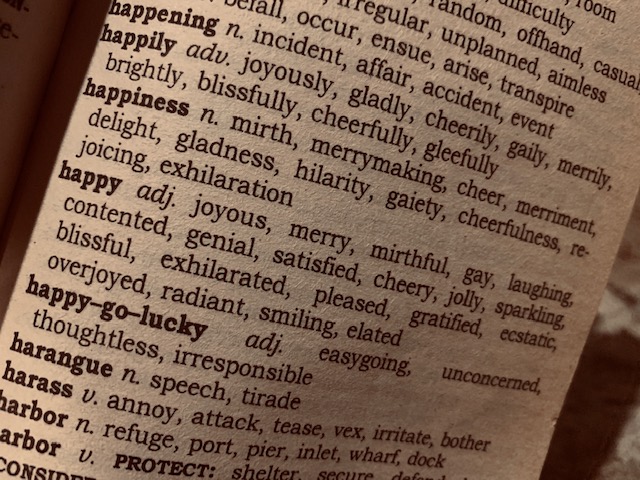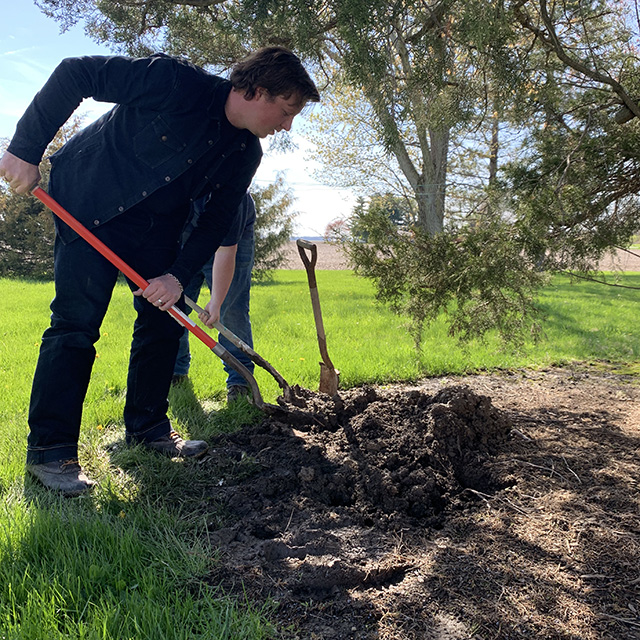One paper, published by a Duke University researcher in 2006, found that more than 40% of the actions people performed each day weren’t actual decisions — they were habits.
“Each habit has relatively little impact on its own, but when added up, our habits have an enormous impact on our health, productivity, financial stability, and happiness.”
– Charles Duhigg, “The Power of Habit”
This New York Times bestselling book, “The Power of Habit,” by Charles Duhigg, is the inspiration for this post, and if you haven’t read it, I highly recommend you do so pronto. (His TED talk is full of takeaways as well.)
Whether you eat that cookie from the vending machine every day, avoid working out and end up on the couch watching Netflix more than you’d like to admit, or can’t stop using International Delight Hazelnut coffee creamer (Yep, that’s me), your problem is the same: you are OWNED by your habit. Be honest: it’s kind of sad.
What’s a habit?
As Duhigg says in his book, habits always have:
1) A cue that spurs them on (a time, a circumstance, a feeling, etc.)
2) An action or behavior (the so-called “habit”)
3) The reward (what we’re “getting” from doing this, and thus, why we do it)
Habits are our brain working on autopilot. Strange as it may sound, we all do this. It’s part of survival. Quite plainly, we would probably go bonkers if we had to actively make every decision on where to turn when we’re driving to work and how quickly to eat dinner tonight, or even what our first action should be the moment we wake up.
Long story short, if we can change just one key habit that impacts other regions of our lives, we can change our entire lives by re-arranging the way our brain flexes its muscles. It’s a trickle-down effect. By deciding what we’ll decide before the decision happens, we save ourselves considerable thought (in my case, agony, because I’m the world’s worst decision-maker) by knowing the course of action without wasting precious willpower analyzing the pros and cons.
Let’s be honest: how much time have you wasted vacillating on two outcomes for a decision? An hour? A day? A week? Pretty much until you take the path of least resistance. ‘Nuf said.
Let’s be realistic here. My habit under the microscope is my obsession with coffee creamer. Not just any coffee creamer; I’m so far gone that it has to be a particular brand AND flavor. (I know, I know.) Why do I do it?
The 3 Qualities
Let’s go back to the 3 qualities of every habit, described by Duhigg. What’s my cue? My behavior? My reward?
Cue: I wake up. It’s strictly a morning thing.
Behavior: I dump obscene amounts of creamer in my coffee until the color becomes the same color I’m used to seeing every single morning.
Reward: This one is the tough part. I’m still experimenting to figure it out, but my hunch is on either the promise of productivity (because my creamer makes the coffee “enjoyable”) OR because I’m simply addicted to sweet, creamy goodness. AKA, cocaine. AKA, sugar.

I know this isn’t healthy. I know it’s hardly rational. Yet, I buy the same thing every week in the grocery store and engage in the same comforting ritual every day (sometimes multiple times).
So while I debate a habit I’d like to change, I challenge you to consider one of your less favorable habits, too. After reading Duhigg’s book and feeling the science slap me in the face, I know changing your habits can change your life. It’s proven.
Take a woman who’s been overweight, a binge drinker and eater, a lonely divorcee, a smoker, and an avid complainer all her life. This woman in Duhigg’s book ended up losing 60 pounds, traveling, running multiple marathons, and taking pride in her sobriety.
What was the secret to her successful life transformation? She changed ONE habit: She stopped smoking cigarettes. The ripples from this single commitment were astounding. Better breathing led to more outdoor activities, which led to running, which led to less cravings and better eating, which gave her more energy… and so the list goes on.
Start simple.
Ask, “How could changing ONE habit change my life for the better? How can I change the cues that initiate this habit, alter the habit itself for a healthier alternative, and yet gain the same reward I was seeking all along?”
It’s your turn.
What’s that one habit you’d REALLY like to change? How could changing it change your life?
Now build a plan of behaviors to get there.
Please comment and share your less-then-desirable habit with us and with others, so we can all help motivate each other to re-wire it. Remember, this is a judgement-free zone! Once you say it, you become accountable. #BattleToBecomeYourBestSelf


